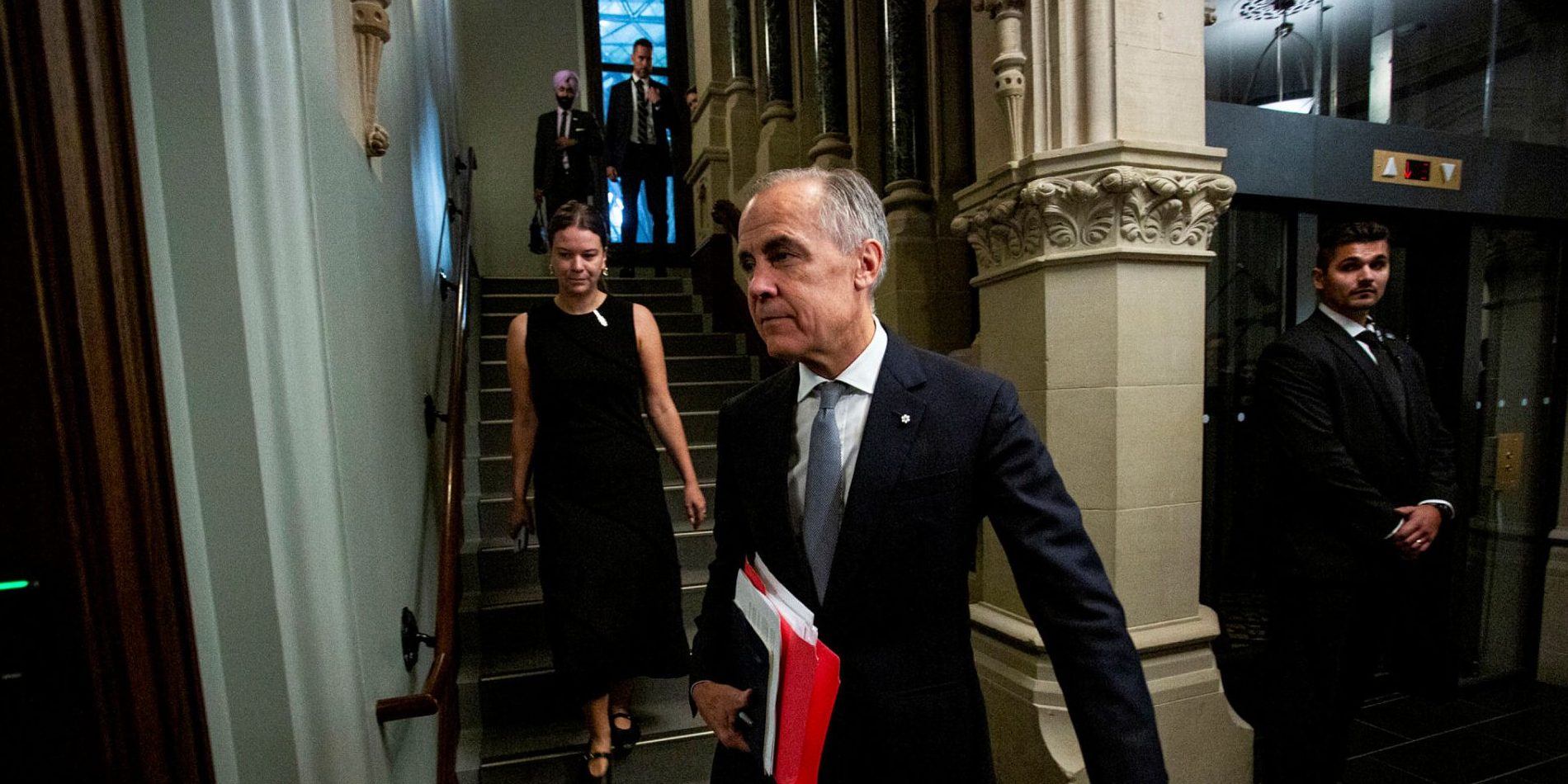From reconciliation to results: why Bill C-5 and the Major Projects Office can be game-changers for Indigenous communities

I’m a rural, Indigenous member of Canada’s cabinet. Where I come from, opportunity is something you build—with neighbours, Elders, and youth rolling up their sleeves together—not something that lands on your doorstep. The journey towards reconciliation begins with recognition, but it can only be completed with results. Bill C-5, the One Canadian Economy: An Act to enact the Free Trade and Labour Mobility in Canada Act and the Building Canada Act, and the new Major Projects Office give us practical tools to move from promise to progress.
Bill C-5 became law on June 26. It does two big things: it removes federal barriers to internal trade and worker mobility; and it creates a clearer path to streamline major infrastructure projects, while upholding Indigenous rights and environmental standards—including ports, railways, critical minerals, and energy corridors. The Major Projects Office (MPO) is the front door that coordinates financing and accelerates regulatory approvals so that top-tier projects can get to “yes” faster, with Indigenous partnership built-in from the start. Streamlining removes duplication; it does not weaken rights, safeguards, or community consent. Faster and fairer must travel together.
Let me be clear: the concerns I’ve heard from Indigenous communities about major projects are real and valid. They want confidence that “faster” decisions won’t compromise the Crown’s duty to consult and accommodate. They want to know if “participation” means equity, revenue sharing, jobs and contracts, or just more meetings. And they want processes and decisions they can trust, with benefits that reach families on the ground.
Prime Minister Mark Carney has been clear in public and private that Indigenous partnership is central to the work of the MPO, and to the government’s broader mission to build major infrastructure faster. The Indigenous Advisory Council’s job is simple: guide the work of the MPO towards projects with equity ownership, call out where engagement is falling short, and help translate commitments into real outcomes for Indigenous people.
Over the course of the past few months, I’ve had the chance to hear from Indigenous leaders in my own backyard and across the country, and to get their honest opinions on C-5. I heard both hope and healthy hesitation.
This summer, the prime minister held summits with First Nations, Inuit, and Métis leadership to make sure candid consultation, partnership, engagement, and participation sit at the heart of every project of national interest. We heard support for Bill C-5 as a way to bring clarity to nation-building projects, and we heard concerns that these projects could sideline rights or environmental stewardship. These summits showed clear expectations: respect consent, protect lands and waters, resource participation, report publicly on progress, and ensure benefits reach families on the ground. That guidance now shapes how the MPO operates.
Many Indigenous communities across Canada—many with proven track records in business and resource development—have stepped forward in support of C-5 because they see that it unlocks a chance for real ownership, reliable revenue, long-term careers, and the chance to plan for prosperity as full partners in the new Canadian economy. They know these projects can be game-changers if Indigenous nations co-design them, consent is respected, and the benefits are hard-wired from day one.
Here’s the bottom line: these projects will better connect our economy, diversify our industries, and create high-paying careers, all while protecting this country’s rigorous environmental standards and upholding the rights of Indigenous Peoples. This isn’t optional: this is the bar we intend to meet.
Canada’s Indigenous Peoples are on a journey of social and economic justice, but they aren’t asking for handouts: they’re asking for access to capital, fair chances, real seats at the table, and clear rules that respect their time and their rights. Economic independence is real independence, and economic reconciliation is how we get there. This means using our resources wisely, investing in our people, and ensuring communities have an ownership stake in the wealth created on our lands—real action that improves quality of life. But progress moves at the speed of trust.
Together, we will build One Canadian Economy and make sure it truly leaves no one behind.
Liberal MP Buckley Belanger, who represents Desnethé-Missinippi-Churchill River, Sask., is also the secretary of state for rural development in Prime Minister Mark Carney’s cabinet. Before entering federal politics, Belanger served for more than 25 years in the Saskatchewan Legislature, representing the northern riding of Athabasca from 1995 to 2021.
The Hill Times





 LICENSING
LICENSING PODCAST
PODCAST ALERTS
ALERTS


